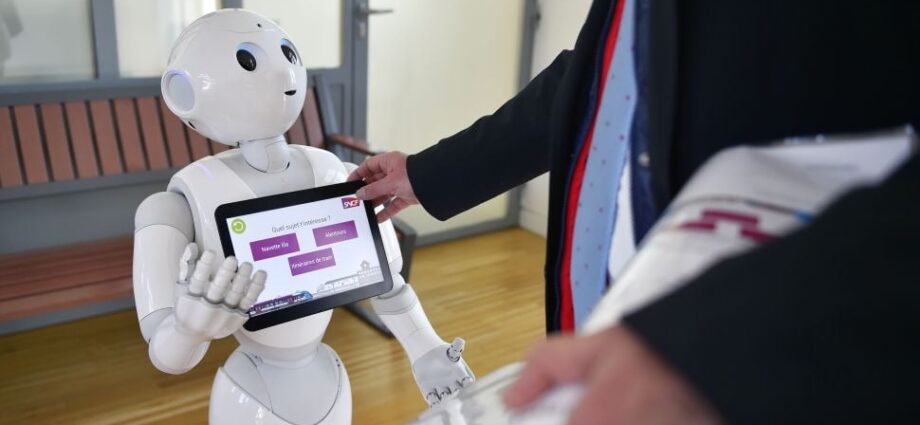In delving into the intricate realm of generative AI, it is imperative to trace its origins for a comprehensive understanding of its impact. The journey begins with the inception of the term “artificial intelligence” at the Dartmouth Workshop in 1956, where visionaries like John McCarthy, Marvin Minsky, Nathaniel Rochester, and Claude Shannon convened to explore the possibilities of creating intelligent machines.
Historical Progression:
The resurgence of interest in machine learning, particularly neural networks, occurred during the 1980s-1990s. The development of backpropagation, a method for training neural networks, marked a significant step forward. However, progress was hindered by limitations in computing power and data availability.
AI’s Evolution:
AI has transitioned from theoretical concepts to practical applications that are reshaping industries and daily life. Ongoing research and development continue to propel advancements and introduce new challenges to the field.
Generative AI’s Potential:
Generative AI emerges as a potential game-changer across various sectors, leveraging its capacity to enhance creativity, efficiency, and problem-solving. Continued development and responsible deployment hold promise for advancements in healthcare, education, finance, and more.
Applications in Different Sectors:
Language models like GPT-3 showcase the ability to generate human-like text, facilitating automated content creation for diverse purposes, including news articles, code generation, and marketing copy. In healthcare, generative AI contributes to drug discovery and molecule design, expediting the evaluation of potential candidates cost-effectively.
AI as the New Normal:
AI has swiftly become integral to modern life, influencing fields such as medicine, engineering, business, and content creation. It stands to transform industries, enhance efficiency, and unlock new capabilities, driving innovation, solving complex problems, and reshaping the way we live and work.
Challenges and Ethical Considerations:
While the transformative potential of AI is evident, challenges and ethical considerations must be addressed to ensure responsible usage. The risk of machine output surpassing human capabilities looms, necessitating a balanced approach to automation in various industries.
AI’s Impact on Employment:
Addressing concerns about job displacement, the analogy is drawn to historical technological advancements such as calculators and blood pressure machines. The essence lies in AI automation enhancing efficiency, allowing individuals to focus on higher goals and fostering growth.
The Future of AI:
As AI takes center stage, it concurrently sparks excitement and trepidation. The journey ahead involves navigating the intersection of AI and human ingenuity, with the potential for AI to serve as a tool for achieving higher-tier accomplishments in the realm of software and beyond.


